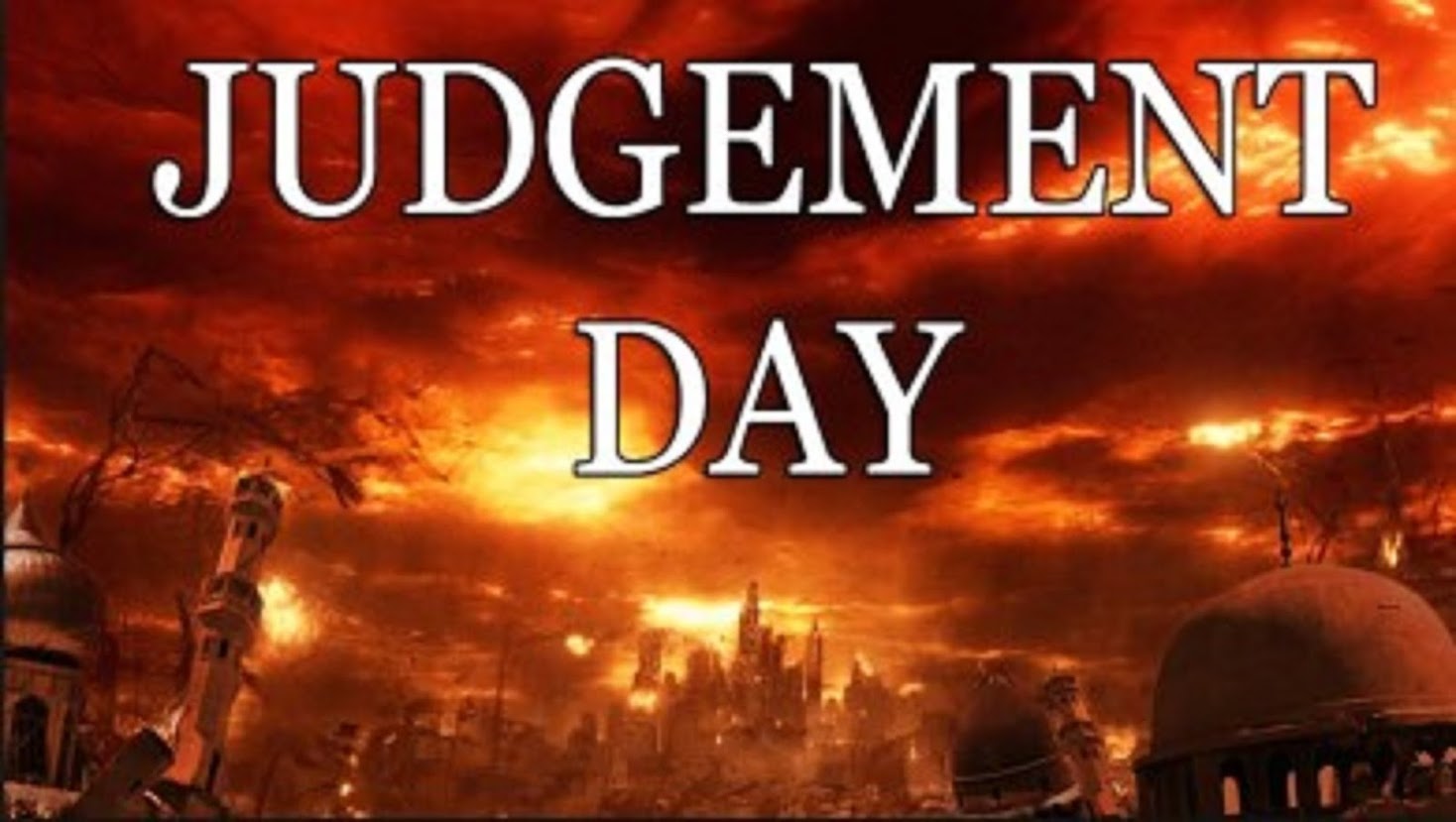Imagine waking up one morning, and the sun’s light seems dimmer, the world quieter, as if a great stillness envelops everything around you. You find yourself contemplating a profound question: What does it truly mean—this concept of Judgement Day? Grab your favorite cup of coffee, settle in, and let’s embark on an intellectual exploration that examines various perspectives, ranging from the theological to the psychological, concerning this enigmatic day. Can you envision what it would feel like to stand in front of an ethereal jury, your life summarized in a span of mere moments?
The concept of Judgement Day transcends cultures, religions, and philosophical domains, representing the ultimate reckoning for humanity’s collective deeds. In Christian eschatology, it is marked by the Second Coming of Christ, wherein every individual is to be held accountable for their earthly actions. This interpretation affords a palpable sense of urgency and encourages moral rectitude among believers, as they navigate through the complexities of life with the knowledge that their choices resonate beyond the temporal realm.
In Islam, the notion of Judgement Day, or Yawm ad-Din, is equally profound. Muslims believe that this day will witness the resurrection of every soul, standing before Allah for an irreversible assessment of their earthly lives. The Quran paints vivid imagery of the scales of justice, symbolizing the weighing of deeds, and advocates a life of virtuous action and sincere worship. This framework fosters a deep-seated introspection, challenging the faithful to operate within the parameters of divine morality.
Yet, the significance of Judgement Day is not confined solely to religious parlance. The syllogistic reasoning provoked by contemplating such a day yields profound philosophical inquiries. If we accept that every action yields consequences, and that these consequences shape our respective destinies, one might ponder: Are our daily life choices merely incremental, or do they converge towards an ultimate judgement? This mental exercise can serve as a transformative lens through which to view mundane existence, conferring both weight and sanctity to our decisions.
Beyond theological frameworks, the symbolic interpretations of Judgement Day unveil myriad meanings. In many narratives, it serves as a metaphorical canvas; the finality of judgement allegorizes the human experience of self-assessment. Individuals may grapple with their regrets, beliefs, and motivations, returning to the idea of judgement as an internal reckoning rather than an external decree. Judgement Day, thus, becomes a personal odyssey, a path towards self-discovery leading to catharsis.
The spiritual understanding of Judgement Day can often reveal something profound about the cyclical nature of existence. It encapsulates the notion of rebirth and renewal—a surrendering of the past to embrace an enlightened future. In Eastern philosophies, parallels can be drawn with concepts such as karma, wherein one’s actions directly influence their current and future states of being. This interpretation fosters a sense of connectedness with the universe and emphasizes the significance of holistic living, fostering compassion and mindfulness in our interactions.
When approached from a psychological standpoint, Judgement Day can be examined through various lenses—be it Freudian, Jungian, or existential. Herein lies an appreciation for the internal struggles individuals face; the fear of judgement may manifest as existential dread or acute anxiety about one’s life’s legacy. The mere contemplation of being judged can serve as a catalyst for personal growth, as one may seek to align their life with values that promote authenticity. The beauty of this psychological exploration lies in its capacity to liberate, allowing individuals to confront their fears and emerge stronger, more resilient selves.
Furthermore, the psychological implications of Judgement Day resonate deeply in both the collective unconscious and individual psyche. Jung posited that the archetype of the “Judgement Day” may represent the ultimate confrontation with one’s shadow self. This dark aspect holds onto unresolved issues, regrets, or immoral actions, demanding acknowledgement. When embraced with openness, this confrontation can lead to profound self-discovery and reconciliation. Thus, the day becomes an opportunity for transformative liberation, breaking free from the shackles of past misdeeds.
The universality of Judgement Day invites reflection on our interconnections; its embodiment in various faiths and philosophical discourses echoes humanity’s collective yearning for meaning, accountability, and transcendence. Whatever one’s belief system, this concept offers an astonishing framework to scrutinize our lives—pressing us to confront the ethical fabric of our existence and to cultivate a sense of purpose that echoes beyond our fleeting moments on this planet.
As we find ourselves enthralled by these profound queries regarding Judgement Day, the challenge for you, dear reader, is to introspectively evaluate what this concept signifies in your own life. What shadows lurk in your journey for truth? How do your daily decisions reflect the larger ideals that encompass what you might call “judgemet”? This subtle yet intricate dance between introspection and the external world invokes a transformative journey, beckoning you towards a deeper understanding of existence itself.
In conclusion, whether viewed through religious, philosophical, metaphorical, or psychological lenses, Judgement Day serves as an evocative symbol and catalyst for self-exploration. It is a notion that inspires us to reflect on our actions and moral obligations, pushing us to live authentically and harmoniously within a larger cosmic framework. So, how will you choose to live in anticipation of this profound day?










